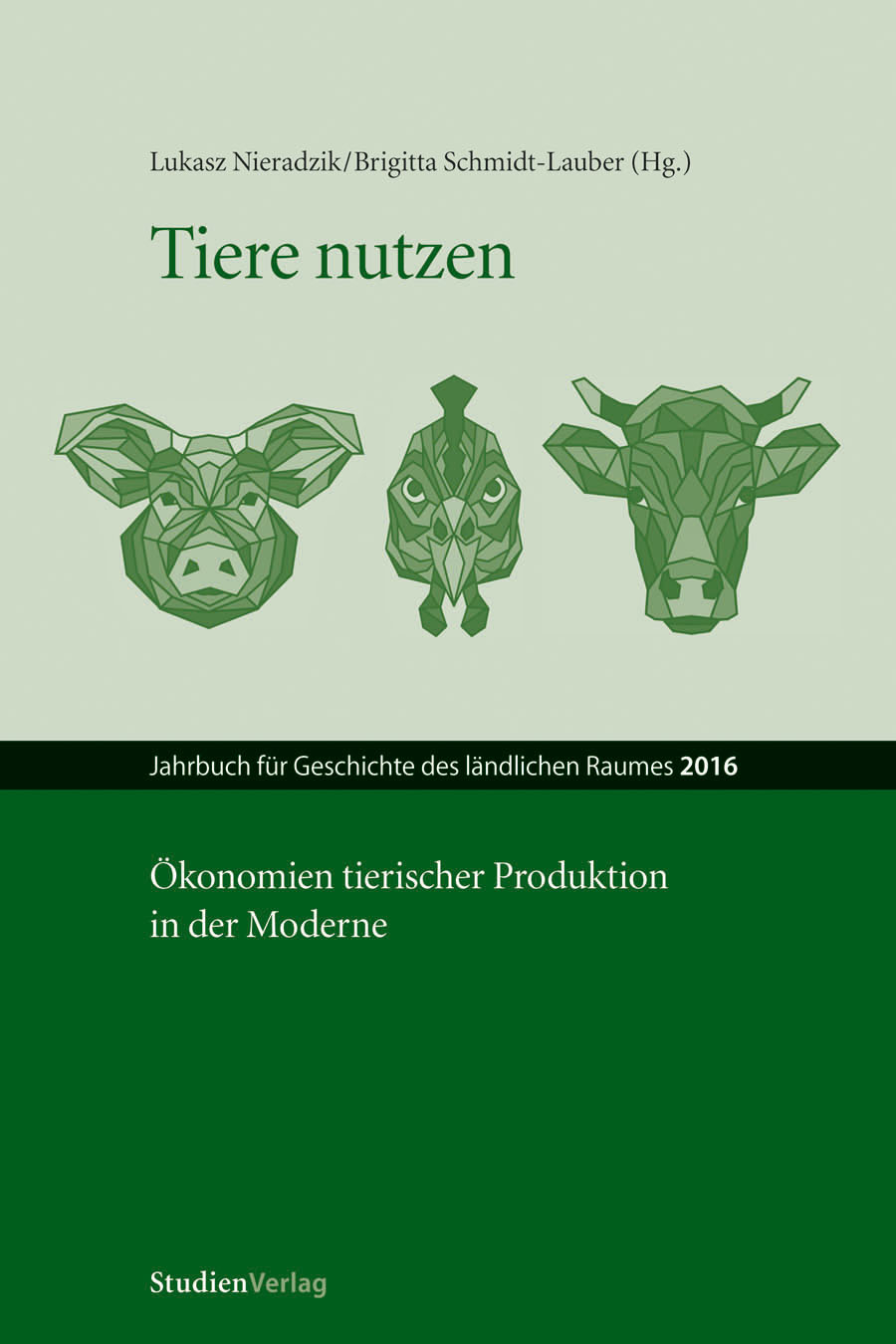Reduktion als Herausforderung
Kulturwissenschaftliche Annäherungen an Tiere in ländlichen Ökonomien
DOI:
https://doi.org/10.25365/rhy-2016-2Abstract
The development of the human-animal relationship in rural economies can be read as a manifold reduction: a reduction of knowledge about farm animals in society; a reduction in the number of chances to gain sensual experiences with cows, pigs or hens; a reduced number of races of numerically more animals and a reduction of the animal into a pure material resource. Furthermore there seems to be diminished interest in these animals. This contribution discusses the potential of cultural studies to reverse these reductions from the perspective of European ethnology. The paper is divided into two parts: In the first part, the popularity of the European honeybee in postmodern cities serves as an example to reflect on both how animals are used today in different social contexts and how these different contexts define the animal. It calls for an open perspective beyond modern taxonomies. The second part outlines different examples of anthropological research studying animal economies in rural contexts. These reflections are grounded in new concepts of the Human-Animal Studies and Multispecies Ethnography that interpret the different relationships between humans and animals as special ‘human-animal-entities’ or ‘hybrid communities’ constituting an important basis of rural economies.


